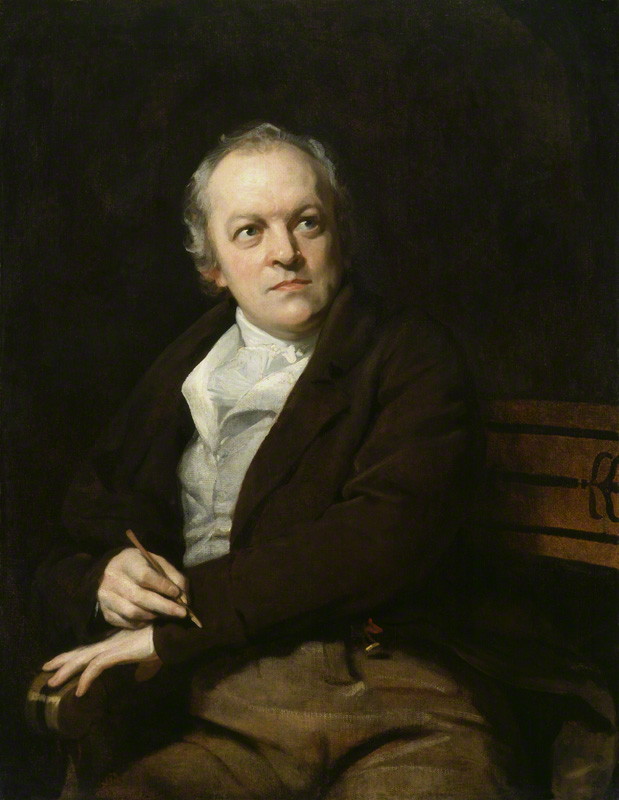Biography
William Blake (1757–1827)
English poet, artist and mystic, born in London. His father, a hosier, was a follower of Emanuel *Swedenborg. From the very first he was a highly imaginative child who claimed to see angelic visions.
Apprenticed to an engraver (1771–78), he studied briefly with the Royal Academy School and then set up shop in 1784 as a printseller and engraver. His first book of poems, Poetical Sketches (1783), was followed by Songs of Innocence (1789) and Songs of Experience which includes The Tyger (1794), illustrated like all his later books with his own hand-painted engravings.
Poems such as The French Revolution (1791) and America (1793) express a temporary political fervour which he did not retain as his views became more and more imbued with mysticism. His mystical and prophetic works include the Marriage of Heaven and Hell (1791), The Book of Urizen (1794), The Book of Los (1795) and many others, printed from his own copper plates and illustrated with his visionary designs. Nearly all his works have a highly individual symbolism, but while his early poems are notable for their simple language and serene brightness, his later works, with their symbolic characters – Urizen, the author of restrictive moral law, Orc in rebellion against him and Los, the captive champion of light – create an atmosphere of gloom and mystery.
However, despair is set aside and mutual love and forgiveness of sin offer revived hope of salvation in the epics the Four Zoas (1796–1804), Milton (1804–08) and Jerusalem (1804–20). Some of *Blake’s finest artistic work went into the illustrations for the Book of Job (1820–26) and for Dante’s Divine Comedy (left unfinished at his death).
His paintings were ignored by the public but he enjoyed the unfailing support and belief of his wife, the friendship and sometimes the financial help of other artists such as Flaxman and Samuel Palmer and he remained serenely happy until his death. Most modern critics have acknowledged him as a lyrical poet and visionary artist of supreme power.





